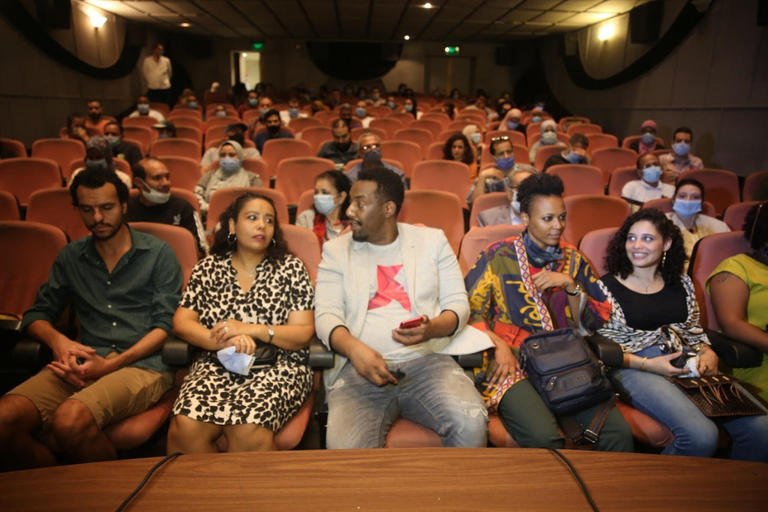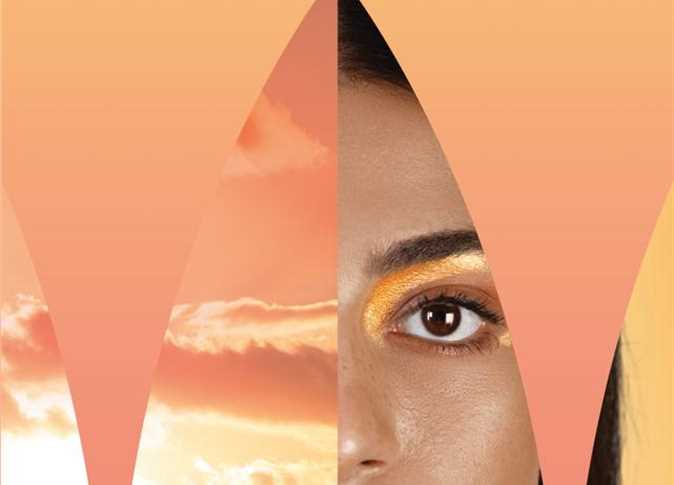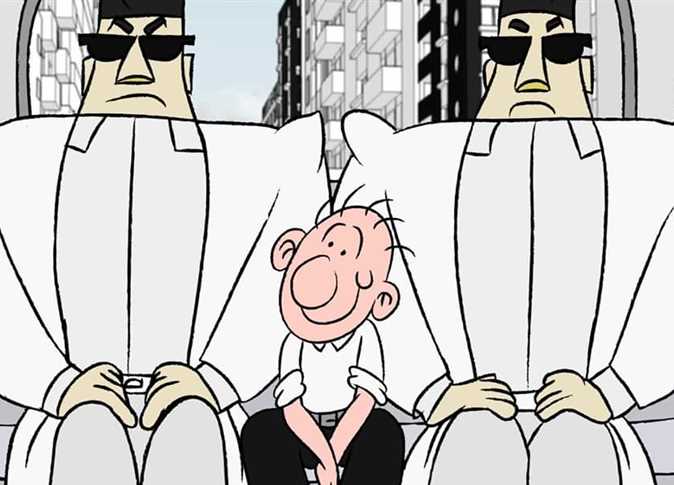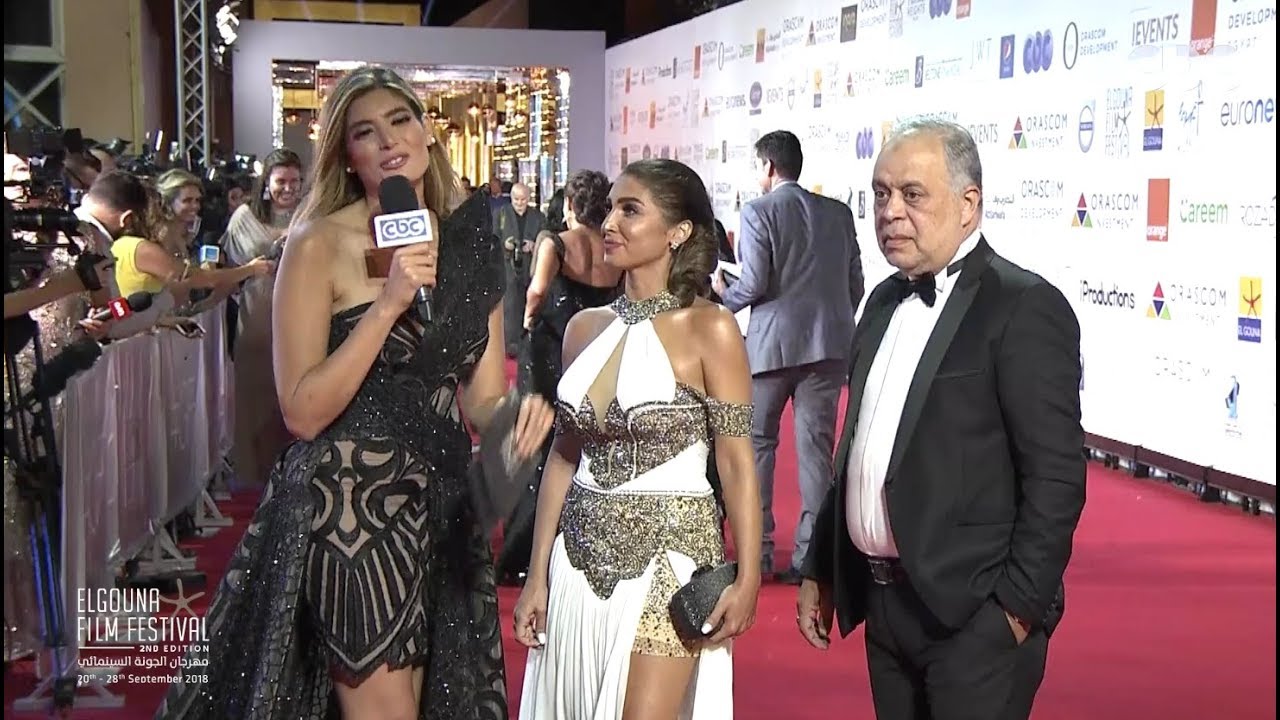
As documentary filmmaking and photography appear to be booming in Egypt, a new project has come along to provide some support and encouragement to young filmmakers. The Masry Asly Film Festival that took place at the Italian Culture Center in Zamalek, closed on Sunday after four days of screenings, including a short film competition, for which the festival organizers solicited submissions, and a number of longer documentaries, chosen primarily for their timely or controversial subject matter, such as child labor, social injustice and the revolution in Libya.
Organizer Paula Primavera told Egypt Independent that the documentary section, entitled Masry Extra, served as a kind of counterpoint to the competition films.
“They are themes that people live everyday, but that most people are not talking about,” she said. “We wanted to show what could be the next step, for the newer filmmakers to be inspired, or to compare.”
The quality of the competition films was mixed. Ibrahim Abdo’s “In the beginning” centered on a gratuitous and implausible murder, and took on too large a subject for a thirteen-minute film. Though there was (thankfully) only one competition film taking on the subject of the 25 January revolution, the film, “A window overlooking Tahrir,” directed by Amr Bayoumy, was an inexplicable choice. Composed of shifting film stills of Tahrir Square in January and February, it exemplified the kind of easy, shallow, nostalgic films that proliferated in the months immediately following Mubarak’s resignation.
At the same time, there were some very thoughtful works. “Blue Dive,” directed by Mostafa Youssef, was poetic and beautifully shot, weaving together three interlocking stories with a motif of the sea and its deadly magnetism. The festival’s jury awarded the film the Silver Prize.
But Masry Asly, more than simply another festival of short films, was the crowning event for a year-long project called Rising Stars, a workshop organized by the Italian NGO Ricerca e Cooperazione Egypt in cooperation with the documentary production organization SEMAT, and funded by a grant from the European Union. The project involved concurrent workshops in cinematography, directing, editing, sound editing, and script writing lasting several months. At the end of the workshops, participants formed groups and created their own documentary projects.
Nada Zatouna, a participant in the workshop and director of one of the films the workshops produced, told Egypt Independent: “We have no market for documentary films here, and we don’t know how to make films in an artistic way, so I learned a lot.”
The results of the Rising Stars workshops were screened on Sunday, the final night of the film festival. Zatouna’s production, a short documentary titled simply “Gharib” was a crowd favorite. The film follows a man named Gharib, who works as a bit actor in films, usually given the role of either policeman or informant, and also has a second job as a sheikh in a mosque. Gharib is a charming, surprising character, and his light-hearted banter elicited laugh after laugh from the audience.
Another standout among the documentaries was “Made of Glass” by Nadine Salib and Sameh Alaa, which takes on the stories of Egyptians living with hemophilia, and the difficulties of having the volatile and often misunderstood disease. “We are our own doctors, even the doctors do not really understand hemophilia,” says one teenage patient as he furiously plays PlayStation while receiving a plasma infusion at a hospital. The documentary, the only piece to employ music, was carefully put together, and stood out among the Rising Stars productions in taking on a subject with little public visibility.
The other two Rising Stars works were not as polished as “Made of Glass” and “Gharib.”
Osama El Wardani’s “And still…” tells a poetic story of hope and perseverance, depicting two activists pregnant with babies conceived in the ecstatic moments of hope following Mubarak’s resignation. The film ends with one mother chanting sweetly to her newborn daughter: “Fall, fall military rule.” But while it is hopeful and heartwarming, the film lacks focus and organization.
The final offering, “First time in Tahrir,” by Ahmed Hamed, is a kind of ode to downtown Cairo, composed mostly of rambling conversations taking place in Boursa coffee shops. Its purpose, besides paying abstract tribute to the director’s attachment to downtown and Tahrir square, is unclear.
While strong offerings overall, all of the films consistently lacked titles, introductory remarks, or any kind of narrative structure to help frame the story and present the subject of the work. “Made of Glass” does not reference hemophilia by name until several minutes into the film, and the subject is only known from reading the short description in the program notes. The repeated absence of narrative intervention by the filmmaker led to confusion, and begged the question of whether it was an oversight or a stylistic choice.
While Rising Stars was a onetime experiment, organizer Primavera hopes that the film festival, Masry Asly, can become a regular event. “Maybe someday it could compete with the Cairo International Film Festival,” said Primavera.
While that may be a long way off, the Rising Stars project has poured a great amount of resources and effort into the support of young filmmakers, with screenings playing to a packed audience night after night. In the coming weeks, Masry Asly will screen winning short films, the Rising Stars documentaries, and selections of the Masry Asly Extra films, in Minya and Port Said, as part of an effort to encourage independent filmmaking outside Egypt’s capital.
The Golden Prize winner was “Away from the Heat” by Mina Nabil, and the Silver Prize went to “Blue Dive” by Mostafa Youssef. The audience’s favorite, with 185 out of 491 votes was “Here it’s not over yet” by Mohamed Mostafa Abd al-Tawab.
More information about “Rising Stars” can be found at the project’s website. Screenings will take place in Port Said from 28 to 30 January, at the Alliance Française, 4 Abou al-Feda Street, and in Minya from 2 to 4 February at the Jesuits’ & Brothers’ Association, 1 Mostafa al-Hommeyat Street.




